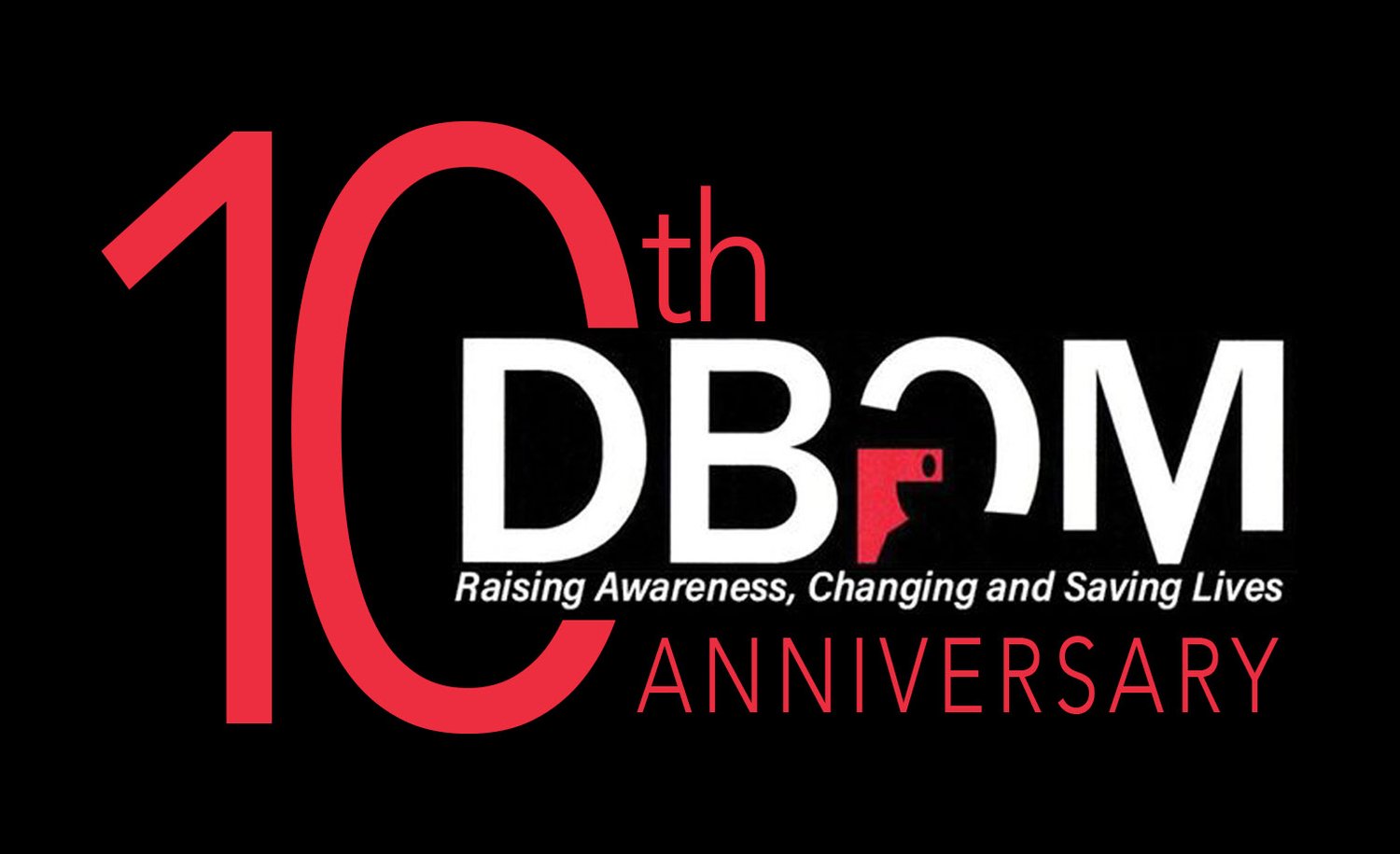
HER
Helping
Everywoman
Restore
“HER - Helping Everywoman Restore” is part of DBGM’s Health and Wellness Program, “I Am Working On Healing”. This program is an opportunity for mothers and mother-like figures of color who have lost sons to HIV/AIDS, suicide and homicide – especially police violence – to gather, grieve, mourn, and by sharing stories and experiences facilitated by qualified mental health professionals, work on their healing. If, for any mother/mother-like figure, there is a history of non-acceptance of their sons, for these mothers/mother-like figures to learn to love, accept their sons for who they are, and address their mental health issues. These include:
discussions on acceptance;
Who you are?/How do you see yourself?;
Experiencing difficulty coping;
Living with on-going trauma.
For mothers and mother-like figures of color (Black, Latino, Indigenous Peoples, etc.) with licensed, qualified, and experienced mental health professionals of color.
Confidentiality assured.
Participation in this program is FREE.
Supported by the Centers for Disease Control and Prevention (CDC) of the U.S. Department of Health and Human Services as part of an award.
This video clip includes an extract from the documentary "You Are Not Alone" of an interview with Mrs. Wilhelmina Stone, where she spoke about her 14-year-old son who committed suicide.
I Am Working On Healing
“I Am Working On Healing” is a program launched by DBGM’s Board of directors in 2016, with two sub groups: Sons and HER. As black gay/same-gender loving men are DBGM’s focus, the Board aknowledged the need to provide mental health support program for LGBTQ+ people of color who identify as either cis-gendered, transgender (female to male), or bisexual. DBGM recognizes the extremely strong bond between mothers and sons, as well as research that suggests that a son’s sense of self and acceptance is largely dependent on mother/mother-like figure responses to who they are. For mothers, losing a son is one of the most traumatic events in their lives. However, familial and societal expectations and demands often leave mothers un-grieved or un-mourned, and can lead to a combined physical and mental impact on themselves, families and communities.
